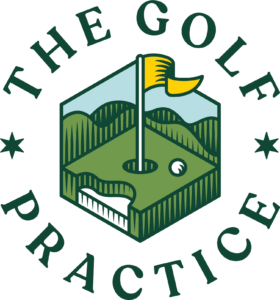Why Every Golfer Needs Self-Coaching Abilities

Self-coaching in golf transforms average players into consistent performers who can adapt and improve without constant professional guidance. Learning to analyze your own swing, identify problems, and implement corrections gives you independence on the course and accelerates your development between lessons.
The most successful golfers develop the ability to coach themselves through difficult rounds and practice sessions. This skill becomes invaluable when you’re playing alone, competing in tournaments, or simply trying to maintain your game between professional instruction sessions.
Modern golf instruction emphasizes the importance of player autonomy. When you understand how to evaluate your performance, adjust your technique, and manage your mental game, you become a more complete golfer. Self-coaching skills also help you maximize the value of professional lessons by allowing you to practice correctly and maintain improvements over time.
Understanding Your Swing Fundamentals
Self-coaching begins with a solid understanding of golf swing basics. You need to recognize proper setup positions, understand the sequence of motion, and identify how different body movements affect ball flight. This foundation allows you to spot deviations from sound technique.
Learning to feel your swing rather than just see results helps you make real-time adjustments. Pay attention to balance points, club position at the top of your backswing, and the sensation of proper weight transfer. These internal cues become your primary coaching tools during play.
Understanding ball flight laws gives you diagnostic capabilities. When you know that a slice typically results from an open clubface relative to your swing path, you can work backward from your ball flight to identify the root cause. This knowledge transforms frustrating misses into learning opportunities.
Developing Course Management Skills
Self-coaching extends beyond swing mechanics to include strategic decision-making. Learning to assess course conditions, wind effects, and pin positions helps you make smarter choices that lower your scores without perfect technique.
Your ability to coach yourself through course management improves with experience and honest self-assessment. Track your tendencies under pressure, note which clubs and shots give you confidence, and identify patterns in your mistakes. This data becomes the foundation for better decision-making.
Smart course management often means accepting your current skill level and playing within those limits. Self-coaching involves recognizing when to be aggressive and when to play conservatively based on your comfort level and the situation at hand.
Building Mental Resilience and Focus
Mental self-coaching might be the most valuable skill you can develop. Learning to manage emotions, maintain focus, and recover from bad shots determines how well you score regardless of your physical abilities.
Develop pre-shot routines that help you stay calm and focused. These routines become your mental coaching system, providing consistency and confidence when pressure mounts. Practice these routines during training so they become automatic during play.
Self-talk plays a major role in mental coaching. Replace negative internal commentary with constructive feedback and positive reinforcement. Instead of dwelling on mistakes, coach yourself through the next shot with specific, actionable thoughts.
Using Technology and Feedback Tools
Modern technology provides self-coaching opportunities that previous generations of golfers never had. These tools help you gather objective data about your performance and track improvement over time.
- Launch monitors and swing analyzers give you immediate feedback on clubhead speed, ball speed, launch angle, and spin rates
- Video analysis apps allow you to record and review your swing in slow motion, comparing it to professional models
- GPS devices and course management apps help you make better strategic decisions based on accurate yardages and course layout
- Practice tracking apps let you monitor your improvement in different areas of your game over time
The key to using technology for self-coaching is focusing on actionable data rather than getting overwhelmed by numbers. Choose one or two metrics that matter most for your current goals and use technology to track progress in those specific areas.
Creating Effective Practice Routines
Self-coaching requires structured practice that addresses your specific weaknesses while maintaining your strengths. Random hitting at the driving range rarely produces lasting improvement without a clear plan and purpose.
Design practice sessions that simulate on-course conditions. Vary your targets, practice different lies, and include pressure situations. This type of training better prepares you for actual play and helps you develop problem-solving skills.
Quality trumps quantity in self-coached practice. Shorter, focused sessions with specific goals often produce better results than long, unfocused range sessions. Set measurable objectives for each practice round and evaluate your progress honestly.
At The Golf Practice, our indoor facilities in Highland Park and Lisle provide the perfect environment for year-round self-coaching development, with technology and space to work on all aspects of your game regardless of weather conditions.
Recognizing and Correcting Common Mistakes
Successful self-coaching depends on your ability to identify and fix recurring problems. Common swing faults often have recognizable patterns that you can learn to spot and correct.
- Grip problems usually manifest as consistent directional issues – weak grips often cause slices while strong grips can lead to hooks
- Alignment errors frequently result in missed targets even with good swings – practice with alignment sticks to train your setup
- Tempo issues show up as inconsistent contact and distance control – develop a consistent rhythm through counting or using a metronome
- Balance problems typically cause thin or fat shots – practice swinging to a balanced finish position
Learning to prioritize which mistakes to address first prevents you from trying to fix everything at once. Generally, focus on grip and setup issues before moving to swing mechanics, as these fundamentals affect everything else.
Long-term Development and Improvement
Self-coaching is a long-term commitment that pays dividends over years of play. As you develop these skills, you become less dependent on others for improvement and more capable of adapting to changing conditions and challenges.
Keep detailed records of your progress, including statistics, feelings, and observations from practice and play. This information helps you identify trends and make informed decisions about where to focus your efforts. Regular review of your notes reveals patterns you might miss otherwise.
Set realistic goals and celebrate small improvements. Self-coaching works best when you maintain a growth mindset and view challenges as opportunities to learn rather than failures. This perspective keeps you motivated during inevitable plateaus and setbacks.
Remember that even the best self-coaches benefit from occasional professional instruction. Use your self-coaching skills to maximize the value of lessons by coming prepared with specific questions and observations about your game.





